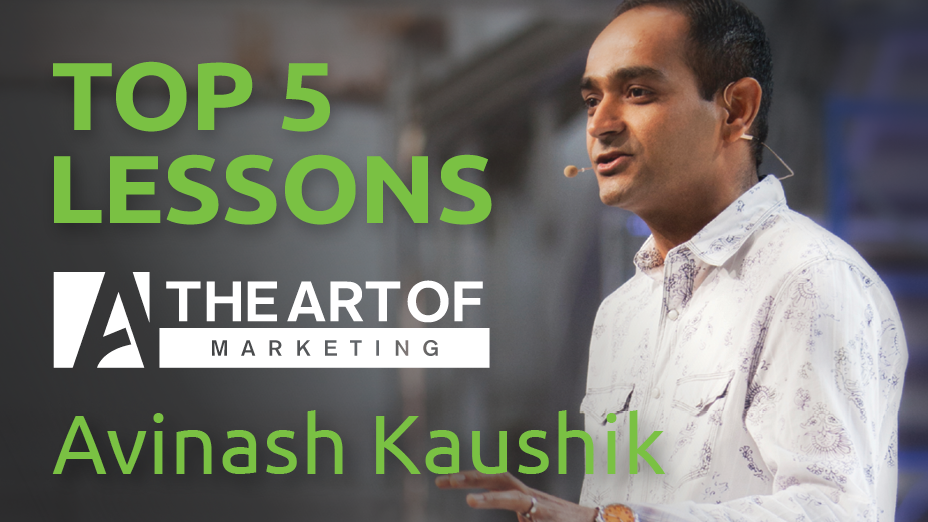Over the years I have tried many methods for growing my business.
I’ve hired internet marketing firms to implement direct marketing programs or improve my Search Engine Optimization (SEO). I’ve worked with PR firms who secured me key spots in national newspapers, magazines, and television. And I’ve paid out large sums of money for online advertising campaigns.
It costs over six times more to acquire new customers than it does to keep current ones.
The objective in each case was to expand my network, increase traffic to my website, build my mailing list, and raise awareness of my brand and services.
After all of this work and expense, I conducted a post mortem and discovered something quite interesting.
With the exception of one, all of my speeches from the last 18 months were generated from previous relationships. They were either past clients, audience members, bureaus with whom I've had strong relationships, or someone who was following up on a recommendation. Nearly all of my bookings were a result of my existing network.
I guess I shouldn’t be surprised. Statistics show that the probability of selling to an existing customer is a hefty 60 to 70 percent, whereas the probability of selling to a new prospect is only 5 to 20 percent. To compound things, it costs over six times more to acquire new customers than it does to keep current ones.
Despite this, we’ve been brainwashed to focus on growing our network with people who neither know us nor have a prior connection to us. Of course there are times when attracting new prospects is valuable, for example, when you are in the earlier stages of building your business.
However, if you are more established and have a track record, nurturing – not growing - should be the name of the game.
Unfortunately, we typically treat most customers like transactions. Get the sale and move on. But we miss the possibility that they can either be a repeat consumer or a referral to a new customer.
Think about the books you’ve recently purchased. I bet most were due to a recommendation by someone you know and trust. I suspect it is less often that you buy a book on a whim based on an advertisement or an Amazon.com recommendation.
The same is true with most businesses. Someone who has a past relationship with you, and is a fan, is the best advocate.
For example, if you run a restaurant, common methods for attracting new customers include offering deep discounts through Groupon or paying for expensive listings on OpenTable. These are designed to attract those individuals not already familiar with your business. Instead, consider giving existing customers – your fans - an incentive to recommend your restaurant to others. Provide free appetizers to past patrons who bring along new diners. Grant gift certificates for frequent referrals. Create a “wall of fame” with the pictures of the customers who refer the most business. Or, better yet, find ways of creating even more value for your customers, regardless of whether or not they bring you new business. Show your appreciation by buying them a bottle of wine on their birthday. They will most likely repay the gratitude by excitedly sharing the experience with all of their friends.
With hopes of expanding my network, I just launched a new website. We spent a lot of time and money to make this a reality. But in hindsight, I might have been better off investing in the creation of a formal advocacy program where I strategically contact and cultivate relationships with former customers.
The key is not to sell to these customers, but to provide value. You want them to view you as an ally.
I’ve found that sometimes simply calling or writing a past client to say hello is enough. In doing so, when a new need arises, they think of me first. I often introduce clients to one another so that they learn about innovation from a peer, not just me. Sometimes I’ll send a small, personal gift. Or if I find a relevant article, I mail it. The key is not to sell to these customers, but to provide value. You want them to view you as an ally, not a vendor. And this repeated, friendly contact keeps you front and center in their minds. Should they (or a colleague) require someone with your skills, they will think of you first.
Where do you invest your marketing time and money? Do you go to networking events to hand out business cards? Have you created a shiny new logo and website? Do you run Google AdWords or do a direct marketing campaign to attract new customers? Or how about cold calling?
Of course all of these can be valuable. However, I want to get my business to the point where my business cards, websites, logos, taglines, and brochures are irrelevant and unnecessary.
If you already have a nice following, don’t try to attract new customers, nurture the people who know you best. Or as the old song goes, “Love the ones you’re with.”





.png)




What Did You Think?